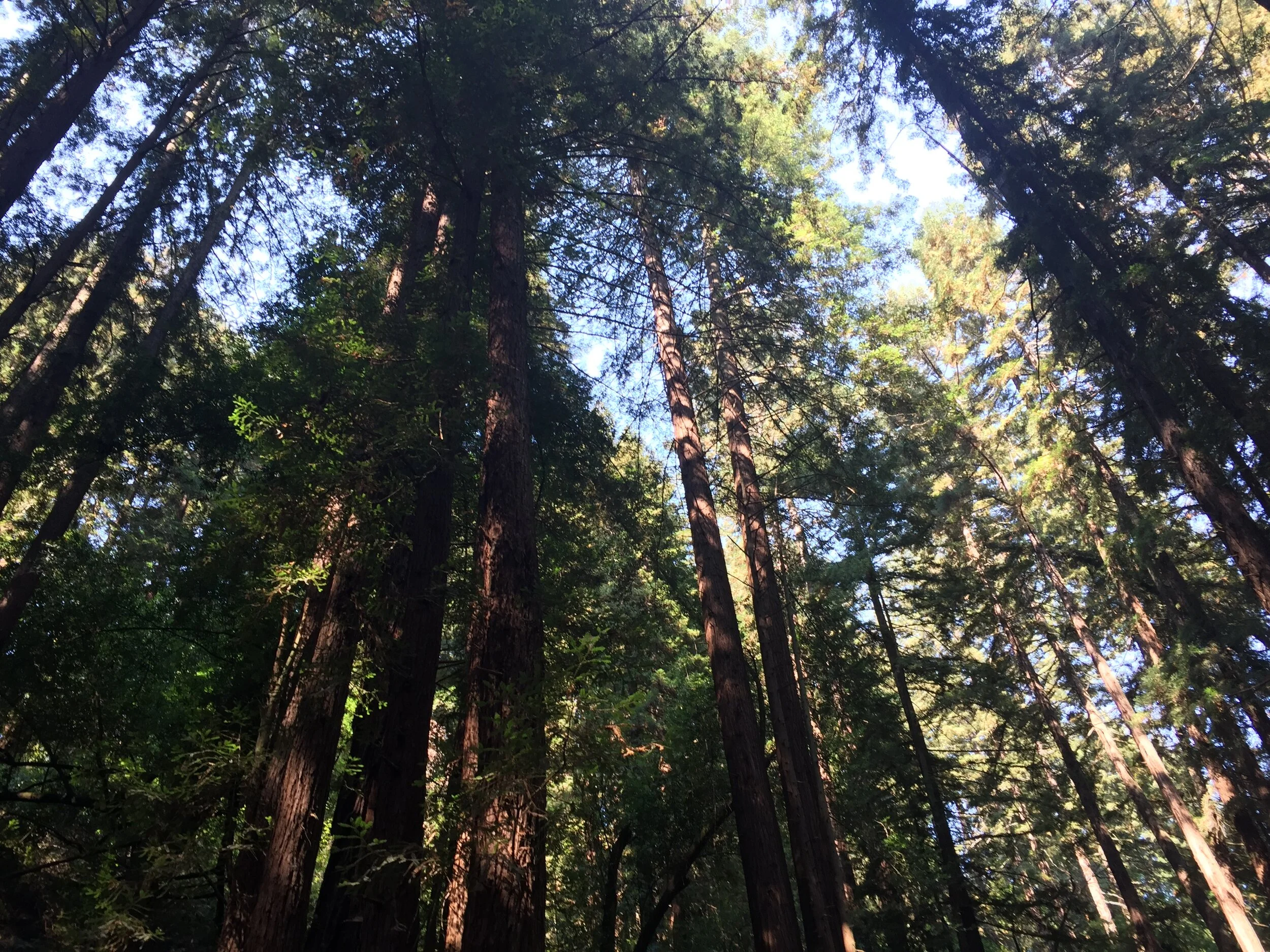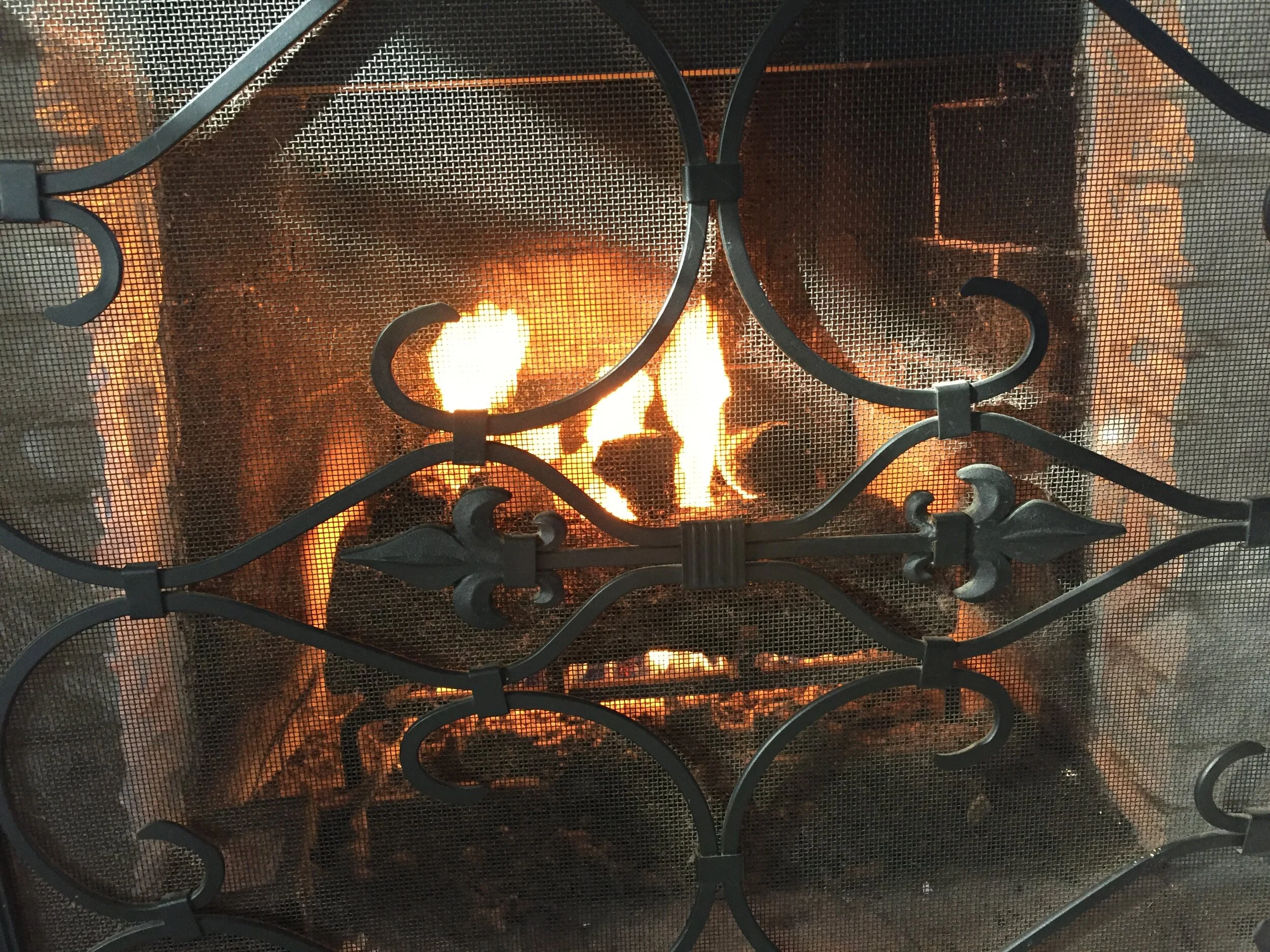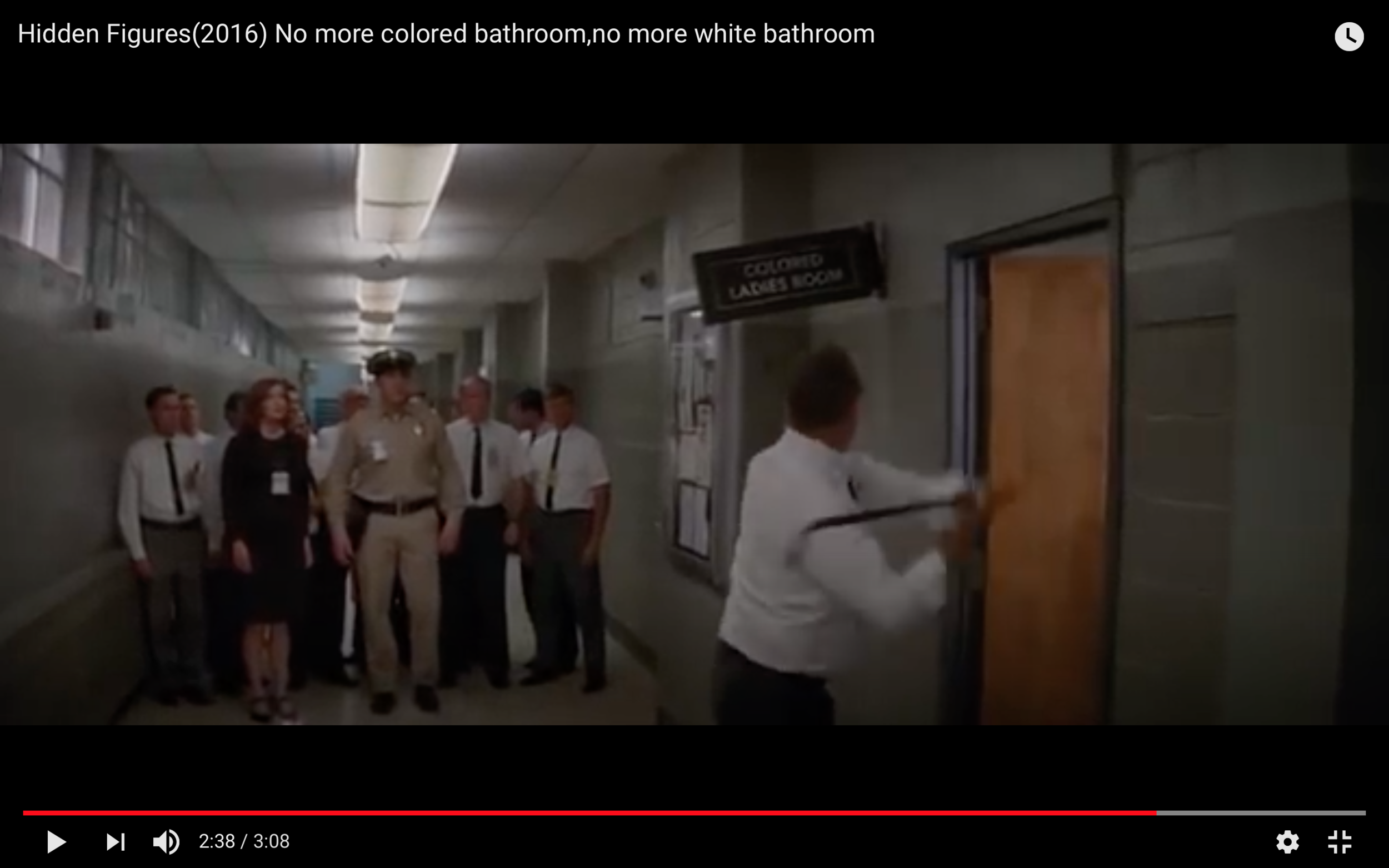I didn’t know much at sixteen, but I knew one place I wanted to go as soon as I started driving, Planned Parenthood. It wasn’t because I was pregnant. I was far from sexually active. Sex terrified me, and nobody needed to tell me I wasn’t mature enough. I didn’t need birth control. What I needed was a place I could safely ask some questions.
Even though my parents were out of town on my sixteenth birthday, I was determined to get my driver's license that day and not a day later. They were on their annual get-away-from-the-kids week in Palm Springs. With my brother in college, I was the only kid to get away from at the time.
In the past few years, given our ages, their week had become two weeks of tennis, sunshine, and hot tubs. An older cousin was assigned to stay at the house with me, but in his early 20’s, just out of college, and newly working, he wasn’t around much. That my parent’s trip was planned over my birthday and that I thought nothing of this were just the culture of the household.
I arranged everything, studied the driver’s manual, and asked a friend’s mom to take me to the DMV in Walnut Creek. That morning, January 27, 1981, I drove my dad’s 1972 silver Hondamaticacross town to pick up Mrs. Martin, who greeted me with enthusiasm.
“Are you ready?”
To this day, I feel such immense gratitude for Mrs. Martin, who never hesitated at my request, made cheerful conversation on the way, and sat and waited all that time in the DMV without complaint while I filled out paperwork, stood at the partitioned table to take the written part of the test, and then went off driving with the examiner.
Soon, I was told I passed the written portion, with a question or two to review, and we waited in the vinyl seats against the wall for my name to be called for the driving portion.
“Linda Parker?” a woman with a clipboard called. I jumped to my feet, and Mrs. Martin wished me good luck. A bit stern and purposefully distant but not inhuman, the woman followed me into the parking lot to my dad’s car. With a deep breath, I sat behind the wheel, and following her instructions, put the car in reverse and pulled out of the parking space.
I was a cautious driver at best at the time, but except for a little roll in my stop before turning right, I was pronounced proficient.
With my new photo ID in my pocket declaring me a driver and several thank you’s, I dropped off Mrs. Martin. Carrying a note from her, I drove myself to Monte Vista High School for the rest of my classes that day.
That evening, I drove back to Walnut Creek. I don’t know how I knew about Planned Parenthood. I don’t remember how I knew where it was. I suspect I looked up the address in the yellow pages and found it on a map. These were in the days before Google Maps and GPS’s.
The wooden office building was well marked, well lit and quiet. There were a couple women sitting in the small waiting room. A young woman at the front desk greeted me.
“May I help you?”
“I just, I would like to talk to a counselor?” I said, a question in my voice.
“Sure. Have a seat.”
It wasn’t long before a woman, probably in her late thirties or early forties—who could tell such ages at sixteen—came into the waiting room, smiled and invited me to follow her.
In a room that was a hybrid of a medical examination room and a small office, we sat down.
“How can I help you?” she asked kindly.
Where to start. Am I okay?was the overriding question. Is there anything wrong with me? Am I normal?
You see, I got my first period on my fourteenth birthday, exactly two years earlier. It was a Saturday, and I had come upstairs to use the bathroom from the converted basement at the Wafers’ house, tennis friends of my parents. Their basement held hundreds of stacked cages containing chinchillas, those unbelievably soft, gray-furred rodents from South America. It was a get-rich-quick scheme of the early 80s, breeding and slaughtering the animals for fur coats. My job, paying $12.50 for several hours of labor, was to clean their cages, not a glamorous job.
When I saw the blood in my underwear, I freaked out a little. I knew what it was, of course. I had been waiting for it. I was late, after all. That was my mother’s declaration. She and her cousin had both started menstruating at eleven. But now that it was happening to me, I didn’t know what to do. My mother didn’t talk about such things. Other than her age when she got her period, there were no discussions about body parts, their functions, and certainly not about sex. I can’t even picture the word “vagina” emanating from my mother’s lips. (Thank you, Eve Ensler!)
Over the phone, she told me to put a wad of toilet paper in my underwear and she’d pick me up after work. On the way home, we stopped by the store for maxi pads. She told me I shouldn’t use tampons until I was married.
And that was it.
When you don’t talk about things, the assumption for a kid, for anyone, is that those things must be bad, shameful.
From the beginning, menstruation for me felt messy and dirty, something to get through and not let anyone know about. I resented my size C-cup bras too, how my breasts hurt when I ran, how I couldn’t see my toes. None of the heroes in the books I read had to deal with such things. They were either boys off on exciting adventures, or girls who didn’t seem to have to deal with bouncing chests or going to the restroom more often to change their pads.
In junior high sex ed., we were told a girl gets a period once a month, every 28 days on average, but I regularly skipped whole months, even two. There was also a sticky wetness on the cotton lining of my underwear sometimes, and I didn’t know what it was.
I knew you had to have intercourse to get pregnant. I had never even been naked with a boy. The most my freshman-year boyfriend and I ever did was make out a lot and rub against each other fully clothed, risking friction burns from the zippers of faded jeans. Still, I wondered, was there some way I had become pregnant anyway? Everyone knows about the Immaculate Conception. Is it possible?
I know this sounds incredibly naïve, but I had little information and a lot of imagination.
I told the counselor about skipping periods.
“It’s normal,” she told me, “to have irregular periods. It happens to quite a few women.”
Really? I thought. Then why hadn’t I ever heard about that before?
I told her about the sticky substance.
“All women have secretions,” she told me, “It’s called vaginal discharge. The fluid is made by glands and helps keep the vagina clean and prevents infection. There might be more of it when a woman is aroused, which is also normal.”
The counselor showed me a diagram of a woman’s reproductive system, pointing out the ovaries and fallopian tubes, the uterus and vagina, where the glands are. It’s a pretty incredible system, making seeds, preparing a nest for a seed, and then cleaning out the nest when the seed goes unused. That’s a lot of work. No wonder there’s frequently pain involved and the heightened emotions of reproductive hormones, like a car revving into gear for a drag race, and then cooling down and getting new oil, fork, and brake fluids for the next one.
When I left Planned Parenthood, I knew you couldn’t get pregnant from sperm left on toilet seats. You couldn’t get pregnant thinking about sex. I learned that the functions of my body were, as the title of the wonderful book for kids says, Perfectly Normal. I also knew I had a place to could go, a safe place where I could ask questions about my body, get to know it and accept it, learn how to take care of it.
For decades now, anti-abortionist activists have characterized Planned Parenthood as an abortion clinic. But that’s not what it is. Planned Parenthood, as the name implies, is a resource for sexual and reproductive health. If active adults are afraid they may have contracted a sexual disease, Planned Parenthood is there with help and without judgment. It helps people understand their bodies and make better decisions about their sexual lives. It is a safe place, or at least it should be, where both men and women can receive counsel, especially when there’s often nowhere else to go.
I can’t say that I came to accept my body overnight or that sexuality became a dinner table topic, but I felt more knowledgeable when I arrived home that night, knowing there was a place I could go to ask questions and receive support. And it was pretty sweet that, with a license in hand, I could drive there myself with Hall & Oats blaring “You Make My Dreams Come True”on the cassette stereo. After all, it was the ’80s!








